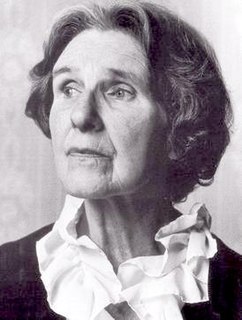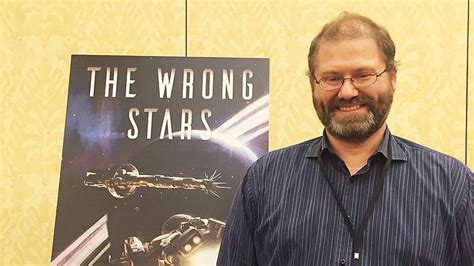Цитата Стеллы Гиббонс
Ей нравились викторианские романы. Это был единственный роман, который можно было читать, поедая яблоко.
Связанные цитаты
Первое, что привлекло меня в написании романов, это сюжет, это почти вымершее животное. Те романы, которые я читал и которые заставили меня хотеть стать писателем, были длинными, всегда сюжетными романами — не только викторианскими романами, но и романами моих предков из Новой Англии: Германа Мелвилла и Натаниэля Готорна.
Я читал «Дети императора» Клэр Мессуд, я читал «Нидерланды» Джозефа О'Нила, но для меня это не романы об 11 сентября. В «Детях императора» события 11 сентября казались мне частью сюжета; роман не боролся с тем, что означало 11 сентября. И «Нидерланды» чувствовали то же самое. Мне очень понравились обе книги, но я не считаю их романами об 11 сентября.
Дело в том, что функция романа как бы меняется; он стал аванпостом журналистики; мы читаем романы, чтобы узнать о сферах жизни, которых мы не знаем, — Нигерии, Южной Африке, американской армии, шахтерской деревне, группировках в Челси и т. д. Мы читаем, чтобы узнать, что происходит. Один роман из пятисот или тысячи обладает тем качеством, которым должен обладать роман, чтобы стать романом, — качеством философии.
Вот секрет, который я скрывала от тебя, Бейлз, и от себя тоже: мне кажется, мне нравилось, что мамы больше нет, что она могла быть кем угодно, где угодно и чем угодно. Мне нравилось, что она была нашим изобретением, женщиной, живущей на последней странице истории, и перед ней расстилается только то, что мы себе представляли. Мне нравилось, что она наша, одна.
Три года она бездельничала в Гиртоне с книгами, которые могла бы с тем же успехом читать дома: Джейн Остин, Диккенс, Конрад, все в библиотеке внизу, в полных комплектах. Как это стремление, чтение романов, которые другие использовали в качестве досуга, позволило ей думать, что она выше всех остальных?
Пока я писал стихи, я часто развлекался чтением детективных романов, они мне нравились. И был период, когда я читал многие из них. Я усвоил форму, и она мне понравилась, она была хороша, в основном крутая школа, знаете ли, Чендлер, Хэммет и их наследники. Именно это направление интересовало меня больше всего.
Графический роман? Я люблю комиксы и так, да. Я не думаю, что мы говорили об этом. На нас не обязательно повлияли графические романы, но мы, конечно же, после того, как сценарий был готов, мы говорили об идее, что вы можете продолжить, вы можете рассказать предысторию, вы можете делать что-то в мире графического романа только потому, что мы добрые. такого мира.
Читая роман, любой роман, мы должны прекрасно знать, что все это вздор, и тогда, читая, верить каждому слову. Наконец, когда мы закончим с этим, мы можем обнаружить — если это хороший роман — что мы немного не такие, какими были до того, как прочитали его, что мы немного изменились... Но это очень трудно понять. сказать только то, что мы узнали, как мы были изменены.
Мирабель заменяет отсутствующих друзей книгами и телевизионными детективами типа PBS. Книги в основном представляют собой романы девятнадцатого века, в которых женщин отравляют или отравляют. Она читает эти книги не как романтические одинокие сердца, листающие страницы в уединении своей комнаты, вовсе нет. Вместо этого она образованный дух с чувством иронии. Она любит мрачность этих исторических романов, особенно китч, но под всем этим она обнаруживает, что часть ее отождествляет себя со всей этой темнотой.



































